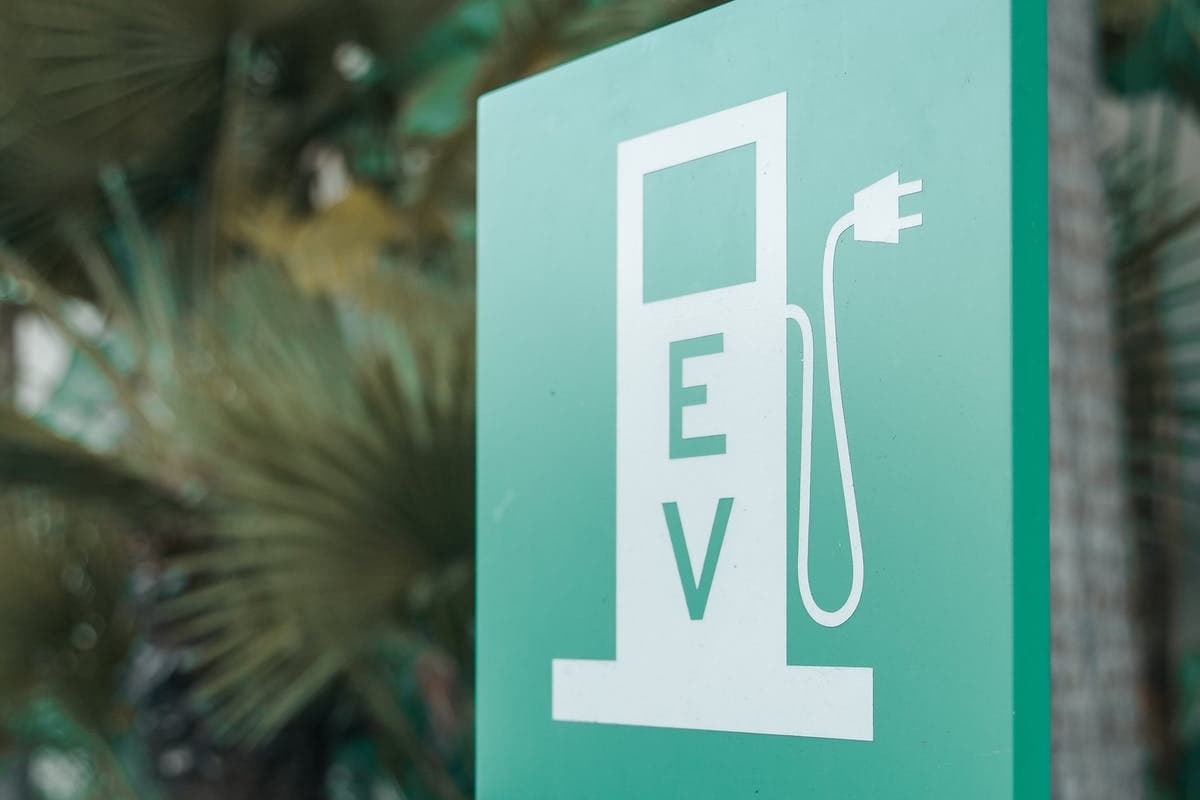
Manufacturing of electric vehicles (EVs) in India will increase its dependence on China for raw materials, mineral processing, and battery production, according to a report of by economic think tank GTRI.
The Global Trade Research Initiative (GTRI) also said that there is a need for life cycle impact evaluation for the EV sector. EVs result in the release of pollutants during battery making, disposal, and charging, and about 70 percent of materials used to manufacture EVs in India are imported from China and a few other countries, it said.
“EVs will increase India’s dependence on China for raw materials, mineral processing, and battery production,” it said.
China has bought the largest lithium mines in Australia and South America. It processes more than 60 percent of the lithium produced globally. It also processes 65 percent of cobalt and 93 percent of manganese.
China makes three out of four batteries produced globally, it said, adding over 100 Chinese battery units make 60 percent of the cathodes and 80 percent of the anodes used in lithium-ion cells.
The report pointed out that EVs have implications on jobs and pollution and it identified 13 issues related to interests of consumers, industry, and the government for an evaluation.
The issues include high prices of these vehicles, fitness of EVs for a long journey, performance under extreme weather, increase in power demand, less fit for public transport, increased dependence on China, no reduction in pollution, disruption of the auto component sector, and inadequate availability of lithium.
“EVs with lithium-ion batteries are at best a work-in-progress innovation. We must understand the long term impact of EVs on jobs, pollution levels, imports, and economic growth,” GTRI co-founder Ajay Srivastava said.
On the pollution issue, it explained that a typical 500kg lithium car battery uses 12kg of lithium, 15kg of cobalt, 30kg of nickel, 44kg of copper, and 50kg of graphite.
It also uses about 200kg of steel, aluminium, and plastics. Mining extraction, transport, and processing of these materials release pollutants and CO2, leading to air and water pollution, it added.
“The battery’s life is 6-7 years; after which it needs to be recycled. Recycling is complex as the battery contains many toxic materials that are challenging to dispose of. Firms promoting EVs talk about zero tail-pipe emissions but are silent on mining and disposal costs,” the report said.
Further, it said that EVs will only increase pollution as the batteries are charged from coal-generated electricity.
India generates 60 percent of electricity from fossil fuels like coal and petroleum, and of this, coal accounts for 50 percent.
“Electric cars only make sense when most power comes from renewable energy,” it said, adding that EVs will disrupt India’s auto-component industry with 700 organised and 10,000 unorganised manufacturers.
It also said that EVs will end the existence of lakhs of shops and garages selling spare parts, changing oil, and servicing vehicles.
Further, it said that EV is not a global phenomenon and the push for it is coming from Europe, which is introducing the Carbon Border Adjustment mechanism to protect their polluting industry and disrupt global trade.
“There is no standardisation in the charging port for electric scooters. Each firm issues its charging port model. Unless the charging ports are standardised, each maker has to set up separate charging infra across the country,” it added.
For details of the latest launches and news from Samsung, Xiaomi, Realme, OnePlus, Oppo and other companies at the Mobile World Congress in Barcelona, visit our MWC 2023 hub.



